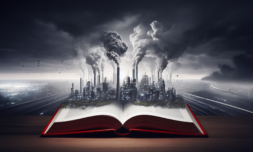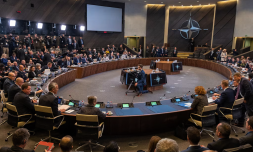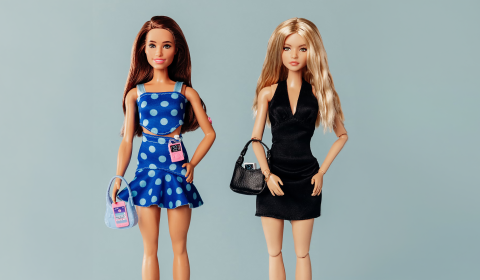When it comes to the insidious techniques that the industry is using to greenwash its image, undermine climate negotiations, and delay progress, there are many. Here, we break down crisis actors and fake experts.
If you’ve been following this series over the last fortnight, you’ll likely have noticed a pattern.
The fossil fuel industry is relentless in upholding its big business agenda, even as the climate crisis worsens. Considering both COP28 and the industry’s history, the hope of a genuine fossil fuel phase-out seems impossible.
Whether it’s astroturfing, corporate personhood, greenwashing, individualising systemic problems, net zero claims, carbon offsetting, undermining climate science, or targeting young people, there are plenty of tactics we’ve outlined so far to prove just how rampant this issue continues to be.
We aren’t done yet, either.
In this article, we’ll be breaking down two more deceptive practices designed to undermine climate progress. Have you ever heard of ‘crisis actors’ or the phrase ‘fake experts’? We’ll be examining how both these concepts are continually utilised by fossil fuel leaders to give us the impression that activists and scientists are not to be trusted.
What are some historic and modern examples of ‘crisis actor’ narratives?
If we were to phase out fossil fuels, the industry would be at serious financial risk. As a result, lobbyists appear willing to try just about anything to stay in business.
One such method is to coerce the public into believing that climate activists are ‘crisis actors’. Fossil fuel leaders encourage the public to accuse Big Oil, Coal, and Gas critics of being paid for their work.
Why do this, you may be wondering?
It’s a deliberate tactic to erode public outrage. If it appears that some activists are deceptive or inauthentic, we feel less inclined to join in ourselves. Casting doubt over the validity of public protest stalls momentum in outrage, delays change of public opinion, and ultimately undermines the actual goals of real climate action.
This practice can be dated all the way back to the early twentieth century. Ivy Lee, a founder of modern public relations, accused workers on strike at Standard Oil’s mine in Ludlow of being hired by a local labour union in 1914. He blamed the ensuing violence on an activist called Mother Jones.
Lee was hired by Standard Oil to recover people’s trust in the company by peddling falsehoods disguised as objective facts to the press. He succeeded in changing attitudes towards Standard Oil’s wrongdoings.
More recently, Just Stop Oil has faced accusations of fossil fuel company collation from various unverified social media accounts.
On its website, the group states that the majority of its funding comes from the Climate Emergency Fund (CEF). While this may seem innocent enough on the surface, reports have since circulated online that CEF is funnelling money into bad-faith actors aiming to make activists look bad.
Whether this is misinformation or not, the rhetoric that Just Stop Oil is secretly in the pocket of coal, oil, and gas billionaires has left its mark.






















